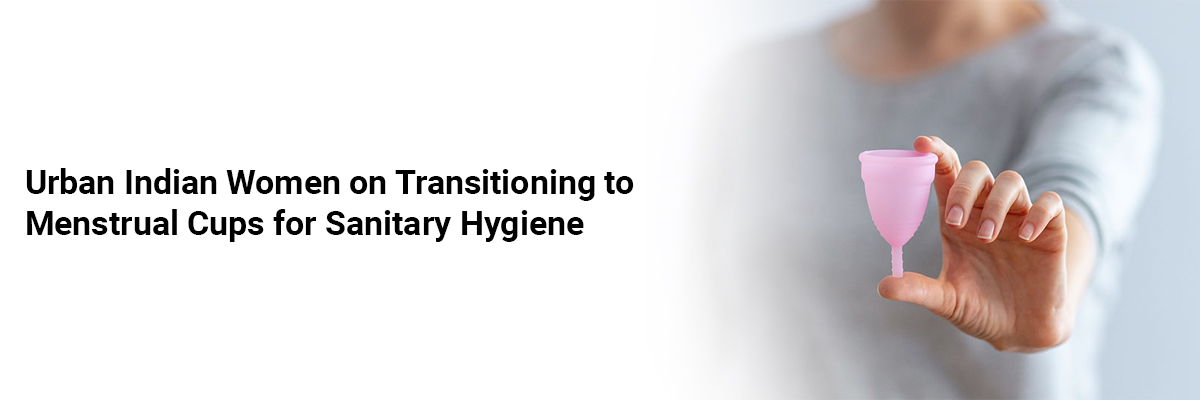
 IJCP Editorial Team
IJCP Editorial Team
Urban Indian Women on Transitioning to Menstrual Cups for Sanitary Hygiene
In several developed countries, menstrual cups are recognized as a
feasible alternative to traditional menstrual hygiene products. However, the
prevalent practice among most women in India involves using pads and cloth for
menstrual hygiene.
The goal of a new study was to emphasize the socio-cultural challenges
in India hindering the widespread adoption of menstrual cups as a mainstream
menstrual hygiene product.
This was a prospective interventional analysis conducted among urban
Indian women. The study employed a prospective interventional
questionnaire-based approach involving 100 women who experimented with
menstrual cups for three menstrual cycles.
The findings indicated that even among women aware of the benefits, a
delay in transitioning from pads to menstrual cups was attributed to
familiarity with pads. The primary deterrents included concerns about vaginal
insertion, uncertainty regarding cup size, the need for privacy during cup
sanitization, fear of leakage and infections, and familial disapproval.
However, once women adapted to the nuances of using menstrual cups, the process
was swift and uncomplicated. Notably, no significant health concerns were
reported with menstrual cup use.
The discussion underscored the various challenges posed by cultural
factors in India to the acceptance of menstrual cups. Irrespective, a majority
of women were likely to continue using menstrual cups after the initial trial.
Furthermore, women well-versed in sexuality and reproductive health encountered
fewer difficulties and exhibited better compliance.
The results identified unique challenges specific to the Indian context, which continue to influence the choice of menstrual products. These insights emphasize the importance of cultural considerations in promoting the adoption of menstrual cups in the region.
Source: Udapurkar P, Mali K, Bora A.
The Journal of Obstetrics and Gynecology of India. 2023 Oct;73(Suppl 1):161-5.

IJCP Editorial Team
Comprising seasoned professionals and experts from the medical field, the IJCP editorial team is dedicated to delivering timely and accurate content and thriving to provide attention-grabbing information for the readers. What sets them apart are their diverse expertise, spanning academia, research, and clinical practice, and their dedication to upholding the highest standards of quality and integrity. With a wealth of experience and a commitment to excellence, the IJCP editorial team strives to provide valuable perspectives, the latest trends, and in-depth analyses across various medical domains, all in a way that keeps you interested and engaged.





















Please login to comment on this article